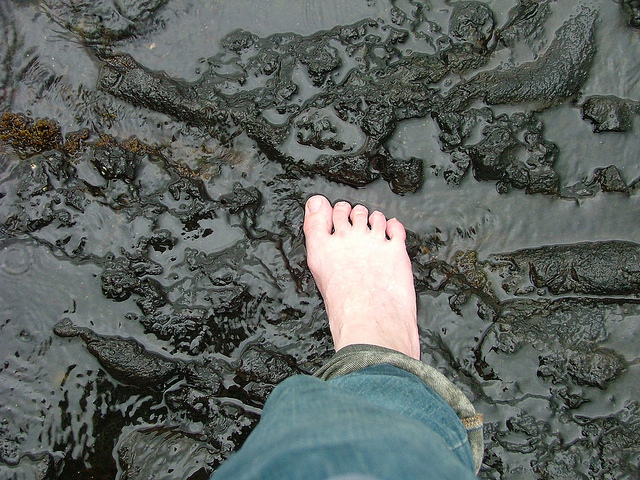Good judgement comes from experience. Experience often comes from bad judgement. – Mulla Nasrudin
What does that mean?
This quote about judgement is hard to source, having been attributed to dozens of people all the way back to the 13th century. But through the centuries, it rings true.
The quote, usually in two parts, says that your judgement is either good or bad. Good judgement results in success and happiness, while the bad judgements results in experience.
But not always. You have to learn something from your bad judgement to actually gain experience. To continue to good judgement, you have to act on the experience. In short, you have to learn.
So the quote says you have to make a judgement and do something to get a result. If the result is beneficial, it was good judgement. If not, you now have experience, provided you learn from it.
Why is judgement important?
In this context, judgement means to analyze a situation, explore your options, come to a conclusion regarding a course of action, and take that action. The good and bad prefixes are, of course, subjective. What one person considers a success can be a failure to another, right?
But what do we get if we don’t follow those steps if we don’t use judgement? What if we just make a random decision and go with it? We might have a desired result, but we likely will not. And then what? How do we learn anything from the result, how do we gain experience, to improve our next attempt?
The obvious answer is that it will be very difficult. Not impossible, but all you have to go on is a way that doesn’t work, without any reasonable way of improving your next attempt. That is a way to learn, but it is a very, very slow way to do so.
The reason it is important to consider what you are doing before you take action, is so that you can compare what you thought you’d get to what you got, and try to determine which aspects of your decision weren’t properly assessed. Knowing how to change your analysis going forward is what will lead to better judgments going forward.
Where can I apply this in my life?
All you have to do is pick something about which you are considering taking action, and start thinking about it. Draw from your pool of experience (all the ways similar decisions have gone right, or wrong) and consider how you will approach this task differently, so as to maximize your chance of a good judgement. Then do it.
Sounds deceptively simple, doesn’t it? But essentially, that’s all you are doing. Far too often, in an attempt to save time, we rush it, and fail to give adequate consideration to the task at hand. When it goes badly, how do we determine what went wrong, and how to do better next time? What do we learn from this attempt, so that we may claim it as experience?
That may sound trite, but have you ever noticed someone who tries and tries again, doing it the same way each time, or with only minor changes between attempts? Can you say they have learned anything, can you say they have gained experience from any of their judgements? I would say they have not.
To claim a result as experience, and to help make better judgements next time, we have to figure out what went wrong. Was it in our assumptions, or was it in our effort? Did we know all we needed, or did something unexpected happen? When we can answer that, and formulate a better plan, we have gained experience.
While we often draw on our own experience, what do we do when it is a new or unfamiliar situation? We can try to find similarities with some of the things we’ve already done, or we can try to learn from the experiences of others. Scientists build on the experiences of prior experiments to help them with their judgement on their next experiment. You can do it as well.
We all face a big decision from time to time. How much time will you put into your judgement? That would depend on how serious the decision is, right? The more important it is, or the more serious the repercussions of failure are, the more time we should spend before deciding, before rendering our judgement.
And if things don’t go well, we must remember to learn something from it. But not the ‘sour grapes’ kind of learning. That doesn’t make for experience, that’s just being snotty. But if you gather actual, useful and actionable information from the result, then that is real (and useful) experience.
What have you done lately? What have you learned from it, what experience did you get from the action? What prior experience helped you make the judgement, and how did it help? Perhaps more importantly, what will you do next? What experience will you use to help guide your judgement?
From: Twitter, @pmarca
confirmed at : Often attributed to Jim Horning (and others), he found it to be from Mulla Nasrudin.
photo by Laura


Have learnt that TIME is of essence on matters of decision making thus leading to judgement.
Thanks for stopping by and for sharing your thoughts.
Great website… You should go into college/university education, it would suit you well!
Thanks for stopping by, and for leaving such a kind comment.
I’m an engineer, and focused on the practical application of philosophy. I don’t care about free-will and whether we actually have it, I care about how to apply it to my life. Education establishments tend to be all about theory, and not much about application, so for now, I’ll pass. Thanks for the thought.